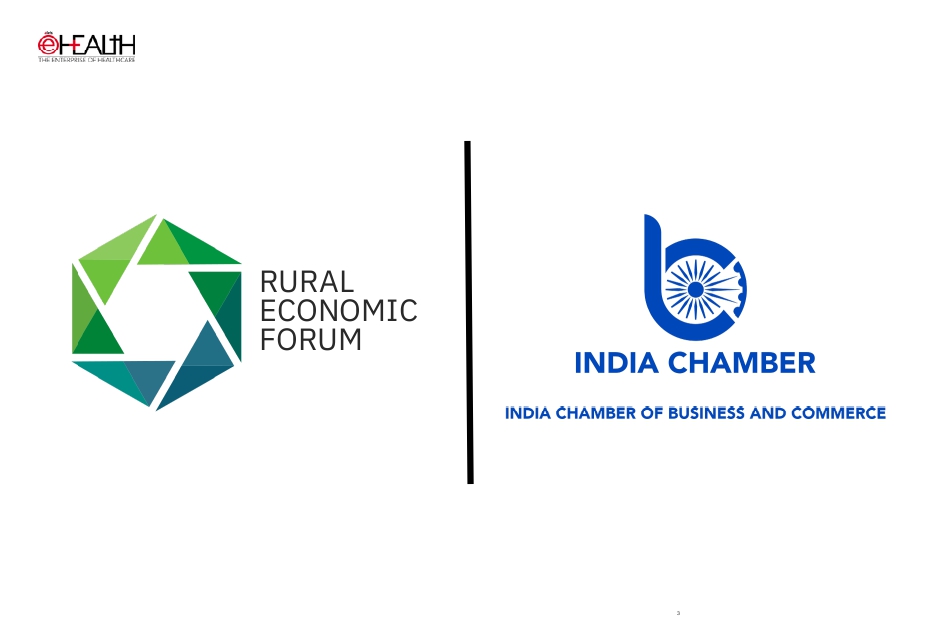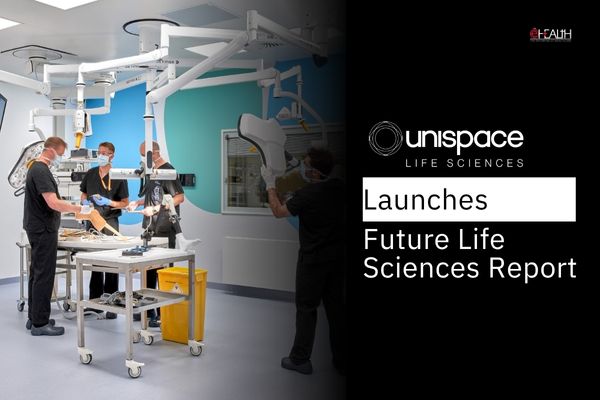
In a significant move to enhance the quality and safety of pharmaceutical products manufactured in India, the Ministry of Health & Family Welfare has extended the compliance deadline for small and medium pharmaceutical manufacturers under the revised Schedule M guidelines. With this new extension, the due date for compliance is pushed to 31st December 2025, allowing manufacturers with a turnover of Rs. 250 crores or less additional time to meet the upgraded “Good Manufacturing Practices” (GMP) standards.
The revised Schedule M requirements are a critical part of India’s ongoing efforts to improve pharmaceutical manufacturing standards, and their impact on the Indian healthcare industry is substantial. Here’s an exploration of how this move can affect the sector, particularly for pharmaceutical manufacturers, suppliers, distributors, and other key stakeholders in the healthcare ecosystem.

A Step Towards Global Competitiveness
The Indian pharmaceutical industry is one of the largest in the world, contributing significantly to global drug supply, especially in generic medicines. However, the quality of these products has often been questioned in some global markets. The revised Schedule M aims to bolster this image by strengthening the manufacturing practices that are central to ensuring product quality and safety.

By upgrading the GMP standards, the Indian government ensures that local manufacturers meet the necessary compliance requirements that are already expected from global pharmaceutical players. This alignment with international standards is crucial for the global competitiveness of Indian pharmaceutical companies. Adherence to revised Schedule M standards will not only help manufacturers improve product quality but also open new business opportunities and expand their global reach, especially in regulated markets like the US, Europe, and parts of the Middle East.

For the healthcare market, this improvement in quality standards means that Indian pharma manufacturers will be better positioned to engage in more lucrative partnerships with international distributors, wholesalers, and buyers. As a result, Indian suppliers and manufacturers will see an increase in demand from multinational pharmaceutical companies, which prefer working with manufacturers that comply with global GMP standards.

Strengthening Small and Medium Manufacturers
The conditional extension of the compliance timeline offers a lifeline to small and medium-sized pharmaceutical manufacturers. The original 12-month timeline was deemed insufficient for many of these companies to secure the financial and infrastructural resources needed to meet the revised guidelines. Small and medium manufacturers often face resource constraints and limited access to capital, which can hinder their ability to make significant improvements in manufacturing processes, facilities, and personnel training.
By offering a 3-month window for manufacturers to submit their upgrade plans and extending the final compliance deadline to 31st December 2025, the government is facilitating an environment where small and medium players can better prepare for the transition. This extension will allow these manufacturers to secure the necessary funds, equipment, and expertise needed to meet the revised Schedule M requirements without compromising their current production timelines. Additionally, it creates an opportunity for these manufacturers to collaborate with technology partners, equipment suppliers, and consultants who specialize in GMP and regulatory compliance.
For the healthcare market, this extension means that businesses within the pharmaceutical supply chain, from raw material suppliers to packaging vendors, will have a longer period to align themselves with the new standards. This transition phase will likely lead to an increase in demand for services related to facility upgrades, employee training, and regulatory consulting, thus creating new business avenues for companies in the healthcare sector.
Also Read :- Expanding the Stroke Treatment Window: Zhejiang University Research Breakthrough
Technological Advancements in Pharmaceutical Manufacturing
The shift towards the revised Schedule M also highlights the increasing role of technology in pharmaceutical manufacturing. To meet the enhanced GMP standards, companies will need to invest in advanced manufacturing systems, automated processes, and state-of-the-art quality control tools. This includes the introduction of real-time monitoring systems, advanced testing technologies, and upgraded machinery for production processes.
The healthcare industry stands to benefit significantly from the demand for such technologies. Companies providing automation solutions, data analytics software, and IoT-based equipment will experience increased opportunities for partnerships and collaborations with pharmaceutical manufacturers seeking to upgrade their facilities. Moreover, contract manufacturers, packaging companies, and material suppliers will also be required to integrate newer technologies to align with the revised GMP standards.
For instance, manufacturers may look for digital solutions to track and trace products throughout the supply chain, ensuring full compliance with global regulatory requirements. Additionally, demand for cloud-based software for managing inventory, raw materials, and compliance records will see an uptick, providing growth opportunities for healthcare technology companies operating within the healthcare business.
Building Stronger Regulatory Frameworks and Supplier Relationships
Compliance with the revised Schedule M also means that manufacturers must work more closely with regulatory bodies and suppliers to ensure consistent adherence to quality standards. Manufacturers will need to establish robust documentation, audit trails, and regular checks, which will require them to engage more intensively with external service providers.
As pharmaceutical companies implement the new guidelines, suppliers of raw materials, machinery, and technology solutions will have to become increasingly proactive in ensuring that their products meet the new standards. This leads to a strengthening of relationships across the supply chain, where transparency and trust will become even more critical.
Distributors, logistics partners, and retailers will also play a key role in ensuring that the products manufactured under the revised Schedule M reach the market without any quality degradation. Healthcare players in logistics will need to align their operations to cater to the needs of manufacturers who now demand more stringent quality controls in every step of the supply chain.
The Path Forward
The extension of the compliance deadline for small and medium manufacturers to meet revised Schedule M requirements is a transformative step in ensuring that India remains a major player in the global pharmaceutical market. For healthcare companies, this presents both challenges and opportunities. Manufacturers, suppliers, service providers, and technology firms must adapt quickly to meet the heightened expectations that the revised standards bring.
While there are significant financial and operational hurdles for small and medium manufacturers, the government’s decision to extend the deadline offers a clear window for companies to make the necessary adjustments. The result will be a more resilient, competitive, and high-quality pharmaceutical sector in India, which ultimately benefits the entire healthcare ecosystem.
The growing emphasis on technological integration, regulatory compliance, and stronger supply chain partnerships will be key to navigating the evolving landscape. Stakeholders in the healthcare space must seize this opportunity to drive innovation, enhance product quality, and strengthen relationships, ensuring that they are ready for the challenges and opportunities of a future-focused pharmaceutical industry.
In conclusion, the revised Schedule M requirements represent a pivotal shift that will positively impact the Indian healthcare industry by improving the quality of products, fostering innovation, and expanding global competitiveness. With an extended timeline for compliance, there is a clear opportunity for small and medium manufacturers to position themselves for success in a rapidly evolving global market.
Be a part of Elets Collaborative Initiatives. Join Us for Upcoming Events and explore business opportunities. Like us on Facebook , connect with us on LinkedIn and follow us on Twitter , Instagram.
"Exciting news! Elets technomedia is now on WhatsApp Channels Subscribe today by clicking the link and stay updated with the latest insights!" Click here!
















